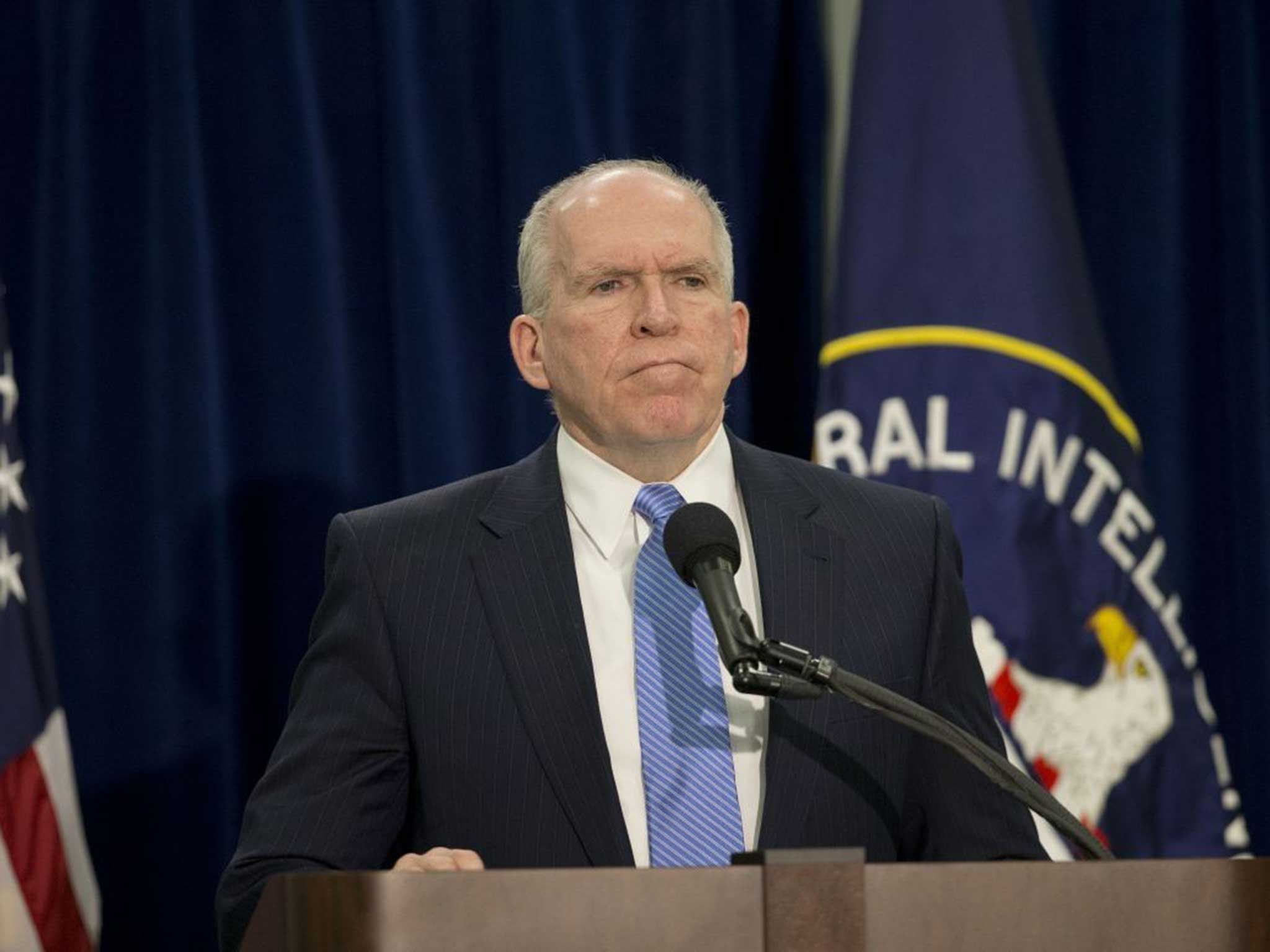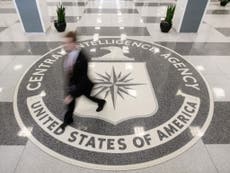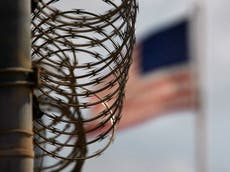CIA torture report: Far from being reined in, the agency will emerge stronger than ever
If anything, scrutiny is now likely to become laxer with the GOP in charge


Back in 1995 Daniel Patrick Moynihan, the late great Democrat Senator for New York, put forward a bill to abolish the CIA. It didn’t happen, of course. Instead, the idea was dismissed as the work of an eccentric contrarian, and never came near a vote. And it certainly won’t happen now, even in the wake of this week’s shocking torture report. But there’s a decent case to be made that it should.
The CIA is a beast with two bodies. One is a “normal” intelligence agency, producing analysis, running spies and tracking down the spies of others. The other body is paramilitary, complete with a secret army that does the country’s dirty work, destabilising hostile regimes and fighting America’s undeclared wars. Over the years it has not exactly excelled at either function.
Moynihan’s proposal was simple: the agency’s spy business should be placed under the umbrella of the State Department, in a relationship similar to that between MI6 and the Foreign Office, while the paramilitary part should be entrusted to the Pentagon – which in any case is now shifting its emphasis from massive new weapons systems to elite forces and CIA-style special operations to face the new terrorist enemy.
Most telling, however, is the CIA’s record. Yes, the successes of an intelligence agency, by their very nature, are unknown: a valuable spy recruited, a terrorist plot thwarted. But even making generous allowance for necessarily unsung triumphs, the agency’s recent public failures are egregious.
It missed Saddam Hussein’s initial nuclear build-up and India’s key nuclear test of 1998, it was caught flatfooted by the 2001 terror attacks. Its analysts constantly overestimated the economic strength of the Soviet Union, and were disastrously wrong about Iraqi weapons of mass destruction before the 2003 invasion – remember the former CIA director George Tenet and his “slam dunk” proof of Saddam’s non-existent weapons?
Its feuding with the FBI, meanwhile, was legendary. And for all the hi-tech eavesdropping wizardry of its sister organisation the National Security Agency, the CIA seems not to have done too well at the equally vital “humint”, or human intelligence, especially in the Arab world.
Its paramilitary record is similarly spotty. The CIA-led Iran coup of 1953 did what it was supposed to do, but at the price of poisoning relations with Iran to this day. There followed the Bay of Pigs fiasco, the assassination attempts on Fidel Castro and other foreign leaders, and the agency’s tangential involvement in Watergate that prompted the Senate’s devastating Church report of the mid-1970s.
But after a brief pause, the agency was back in business. There were successes, most notably the arming of the mujahideen in Afghanistan after the 1979 Soviet invasion – but also failures like the 1986 Iran-Contra scandal and the unpardonable fomenting of murderous small wars in central America, against perceived leftist threats.
Then came the “war on terror”, highlighted by Abu Ghraib (a shame it shared with the Army), and now the documented torture of terrorist suspects at black sites overseas.
But none of this will bring about the dismantling of the agency. Indeed, its influence is likely to grow. For one thing, it is loved by presidents, as tempted as the rest of us to believe that a file classified “Top Secret” is more credible than the stuff they read in the papers, and who revel at the off-the-books possibilities offered by the relatively unregulated CIA. If anything, Congressional scrutiny is now likely to become laxer as the GOP, traditionally more friendly to the secret world, takes full charge on Capitol Hill.
Indeed the ferocious partisanship of today’s Washington politics also helps the CIA. Reaction to the Senate report, compiled by the outgoing Democratic majority, has largely split on party lines. Nor, for that reason, does this report, unlike those of the Church committee, contain specific recommendations for reform, endorsed by both parties.
Second, for all the abuse hurled at it the agency is stronger today than ever, in terms of both personnel and resources (the overall intelligence budget is reckoned at $50bn), and boasting an unprecedented arsenal of weapons – including the armed drones whose use President Barack Obama has expanded. For Washington policymakers, the shadowy fight against non-state terrorism renders the CIA more indispensable than ever, despite its current fall from grace.




Join our commenting forum
Join thought-provoking conversations, follow other Independent readers and see their replies